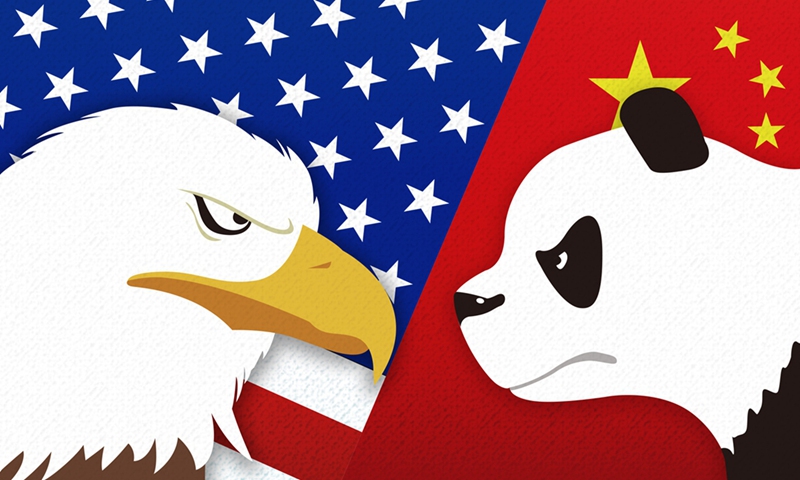There is a Chinese saying that states whoever starts the trouble should end it. The US-China military-to-military contact should now be a typical example of this.
When asked in a recent interview with CNN whether the US should lift the sanctions on the Chinese defense minister to alleviate tensions, Blinken replied that those sanctions don’t prevent the Chinese defense minister from engaging with the US, nor do they prevent the US from engaging with him, and “it is a political decision for China to decide whether or not he should be engaging.”
The US is once again shifting blame. Blinken refuses to publicly state whether sanctions against the Chinese defense minister will be lifted, but instead shifted the responsibility of military contacts between China and the US onto China. The defense chiefs of China and the US have yet to hold a meeting so far, and the US has been complaining about this, but the specific reasons should be clear to the US: The US has still not lifted its illegal sanctions against the Chinese defense minister, which has created a lack of basic atmosphere for military dialogue between the two countries.
If the US truly wants to resume normal military contacts and engage with China as it claims, it should not be acting in the current manner. Shouldn’t the US at least lift the sanctions before demanding the resumption of high-level military exchanges? It is evident that there is no sincerity when someone demands a conversation while waving a club in hand as a threat. Such behavior can only be described as “bullying.”
How can we expect a fair and equal dialogue between a country imposing sanctions and the one being sanctioned? Furthermore, the sanctions imposed are baseless and lack any justification.
Blinken mentioned over the weekend that “the rest of the world is eager to see a responsibly-managed US-China relationship and he urged Beijing to do its part in accomplishing that.” Such remarks are extremely arrogant and irrational. It is the US that clearly bears the responsibility for the interrupted military contacts as well as the strained China-US relations. Nevertheless, the US constantly pressures China to comply with its demands. The US has always conducted itself in this manner, but this approach is becoming increasingly unworkable.
Throughout the years of China-US strained relations, it is primarily the US that imposed sanctions, took provocative actions and intensified tensions, while China only responded with counter-measures or rejected compromise. Since the US is the provocative side, it is certainly the US that is primarily at fault. If the US really wants to restore normal military exchanges with China, it should first stop blaming China for its own responsibilities and seriously reflect on whether its own behavior has shown sufficient respect to China.
Dialogue cannot be without principles, and communication cannot be without bottom lines. The difficulties faced in current military exchanges are entirely the responsibility of the US side. On one hand, the US side constantly emphasizes the need to strengthen communication, but on the other hand, it disregards China’s concerns and deliberately creates obstacles, seriously undermining mutual trust between the two militaries. This is not the attitude that should be adopted for communication. The US side should demonstrate sincerity and correct its mistakes through practical actions, in order to create necessary conditions and a proper atmosphere for communication and exchanges between the two sides.
(Global Times)




